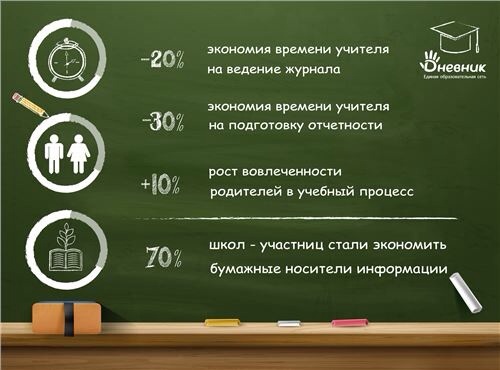It’s not rocket science; since the dawn of time people have been teaching and, as a result, mankind has steadily progressed. Yet for the first time in history, I’m worried that we could be de-evolving. I’m worried that upcoming generations will graduate less intelligent than their predecessors because the education system has finally hit crisis point and will crumble under current, ludicrous management.
Let’s be honest, teachers haven’t got a clue about what is going on at the top. We know about our actual job – teaching is the easy bit – but we waste most of our working day trying to jump through hoops we’re not sure still exist, that have been renamed “circular target spaces”, that have been moved and hidden somewhere or that, it was decided today, had to be jumped through last week.
Our job shouldn’t be impossible and nor should Nicky Morgan’s. Yet somehow you’ve got good teachers stressed and depressed, signed off work and jumping ship. It didn’t used to be this way, but what do you expect if you bring out a new curriculum without listening to our feedback, establish a new assessment system without actually finishing it, cut funding but expect us to achieve more with it, and raise targets so we feel worse about doing better?
I know politicians struggle with the success criteria, so ahead of the general election I’ve got some advice for Nicky Morgan and co on how to fix the mess we are in. I’ve broken things down into simple, easy-to-digest multiple-choice questions. See how you do:
1. To get good teachers, you should …
a) Offer massive financial incentives to train new teachers, attracting people who would never otherwise want to be in the profession.
b) Cram everything you need to know about child development into the shortest time possible to push teachers out more quickly.
c) Raise the entry requirements in relevant skills and be selective at a grassroots level, so that brilliant people run our schools and the public respect it as a profession they aspire to join. Then fund quality training for those that make the grade so that those who should teach, do.
2. To keep good teachers, you should …
a) Keep moving the goalposts and changing the targets then punish people who don’t keep up.
b) Cut funding and tell us to do more with less or you’ll initiate a takeover.
c) Recognise our expertise and let us do our jobs. Support us with enough funding, training and give us the freedom we need to be successful.
3. To thank us, you should …
a) Give us lots more work.
b) Tell us we’re not good enough.
c) Stick to politics. We’re in the job for the children anyway, and we don’t give a monkey’s what you think.
I know it’s hard running the country and the government has to think about big, complicated things like the NHS, immigration and defence. But when it comes to education, instead of spending ages researching what we’re doing wrong, take a step back – the solution to all this is very simple:
- Get teachers who want to teach and are good at it.
- Treat them well and support them so they keep doing it.
- Thank them, and let them move on to the next generation of children. (Pat yourselves on the back, if you must.)
This almost foolproof method has worked for centuries. It’s given us the likes of Stephen Hawking and J K Rowling (admittedly it also gave us our ministers, hence the almost). So why do you keep trying to change it?
I can’t help but think that you’re looking at it all wrong. There isn’t a shortage of good teachers, they’re just in other jobs where they are allowed to keep their self-respect and job satisfaction. Back off and I promise you, they’ll come back. Children aren’t necessarily failing, they’re desperate to succeed in new ways which don’t always fit your narrow criteria. Teachers aren’t always “inadequate” if their classes don’t hit targets – any number of variables could have influenced the lives of the 30 individuals in their care, skewing the statistics.
Most teachers are intelligent and creative people. We want to improve our methods; we’re interested in children and how they learn; we love trying new things and discovering new learning. We don’t always have time to offer brilliant, imaginative lessons because we’re too busy trying to execute all the latest rules and methods you’ve made up, which is a shame.
But if you gave us more time, you would see we’ve got amazing potential, just like our kids. Alternatively, make me secretary of state for education and I’ll sort this mess out in a week. You take some time off and leave teaching to the teachers – we’ve got it covered.
